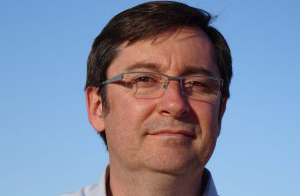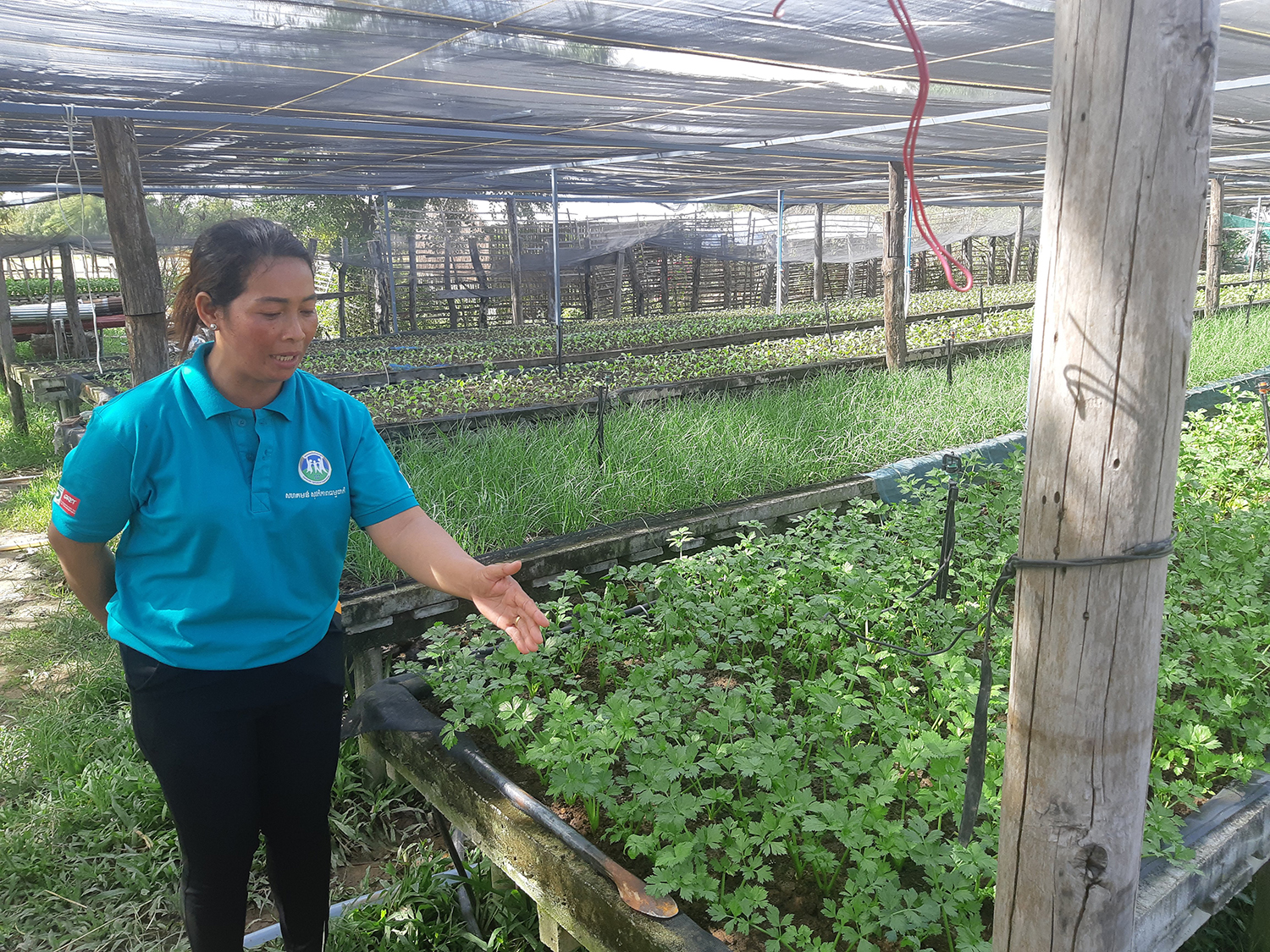Managing director of GRET from 2013 to 2019, Olivier Bruyeron was elected chairperson of Coordination SUD on 26 November 2020, and since then has joined the Agence française de développement (AFD) management board. Today he tells us about his commitment to French NGOs and Official Development Assistance (ODA) policy.
Having worked with GRET for more than 25 years, first as an intern, then expat project manager, and lastly managing director, how are you approaching this new position with Coordination SUD?
I am taking up this three-year mandate with a lot of humility, in light of the responsibilities it entails. Although I have been a member of the management board for just over three years, I am gradually discovering the extent of some activities conducted by Coordination SUD, particularly in terms of support for members, such as the development of training courses, management of the Frio fund, the job service, etc. All these activities have done well in adapting to the Covid-19 pandemic and continued throughout 2020. I am also becoming fully aware of the diversity and the extraordinary richness of the French international solidarity organisation sector. Lastly, I am gradually starting to work on the collective’s various subjects of reflection and advocacy.
As you mention the subject of advocacy, can you give us a concrete example of the advocacy work conducted by Coordination SUD?
Firstly, I want to specify that Coordination SUD works on and conducts its advocacy actions with support from its members, and thanks to coordination and facilitation conducted by its secretariat. A recent example is the work carried out on the draft law on programming for fair development and the fight against inequalities across the world, currently being examined by the French Senate.
A working group was set up approximately two years ago, made up of members of the Coordination SUD network who are interested in the subject. This group monitored the entire process through which the law was drafted and had structured interaction with the stakeholders from 2018, i.e. well in advance of it coming before the council of ministers at the end of 2020.
Then, at each stage of its examination by the French National Assembly at the beginning of 2021, we had meetings with the Rapporteur of the law, the members of the parliamentary commission in charge of working on the draft, and the various parliamentary groups. We systematically proposed specific, reasoned changes to the draft, even going so far as to draw up proposed amendments to the deputies.
This yielded results, the text evolved positively in almost all of the five areas of focus in our advocacy, i.e. the political orientations of French public action for fair development, its funding, the issues of transparency and coherence of other policies, recognition of the role of civil society organisations, and the importance that needs to be attributed to feminist diplomacy and gender issues more globally.
The draft law is now in the Senate, but various points in it still need to be improved. We are having discussions with the senators and again we are making concrete, reasoned proposals. This work is ongoing…
After a year marked by the Covid-19 pandemic, how can French NGOs influence policies to emerge from the crisis and strengthen international resilience?
The current crisis is highlighting our inter-dependencies and our solidarity needs. Sadly, it has illustrated this in the area of healthcare, but other recent examples demonstrate just how numerous these inter-dependencies are, regarding the climate and natural resources, as well as social and financial issues… These are worrying.
But personally, I believe they also show us that humanity is at a stage where it is imperative to think about change and resilience at both local and global level. Isolationism is not a real option. Ignoring what is happening elsewhere – which was already unacceptable – has become a position that is difficult to defend. Our parliamentarians have understood this, as they unanimously voted for the law on fair development, in the middle of a crisis, at the same time it passed an increase in resources dedicated to international solidarity. This is real progress for Coordination SUD and its member organisations.
Civil society organisations in this crisis are demonstrating their great capacity for action. They are committed to sustainable development and are enabling solidarities, working alongside populations, creating social ties, leading a meaningful societal project focused on the fight against poverty and inequalities, and respect of human rights. They are now credible interlocutors, provided they are coordinated to contribute to the development of public policies to emerge from the crisis and construct the world after Covid, both nationally and internationally.






